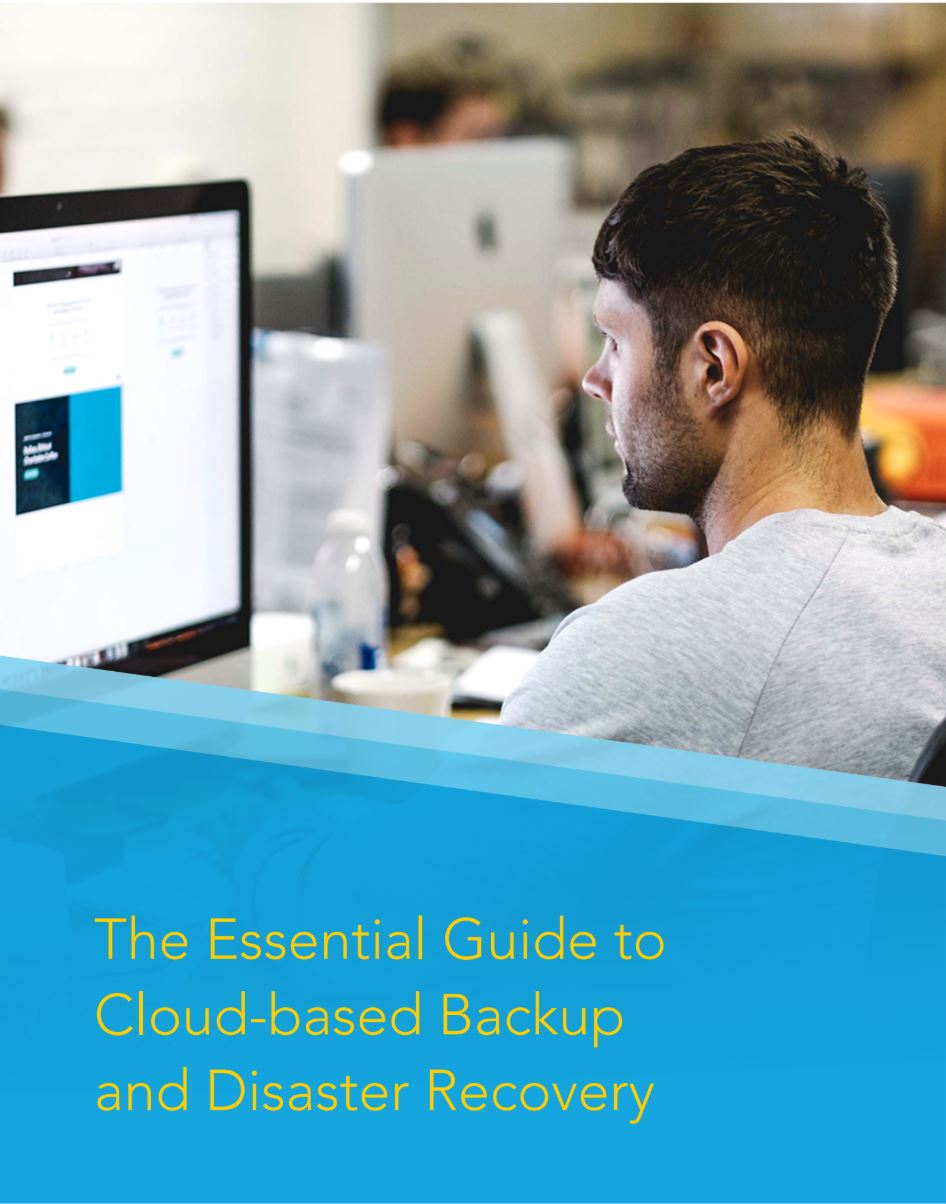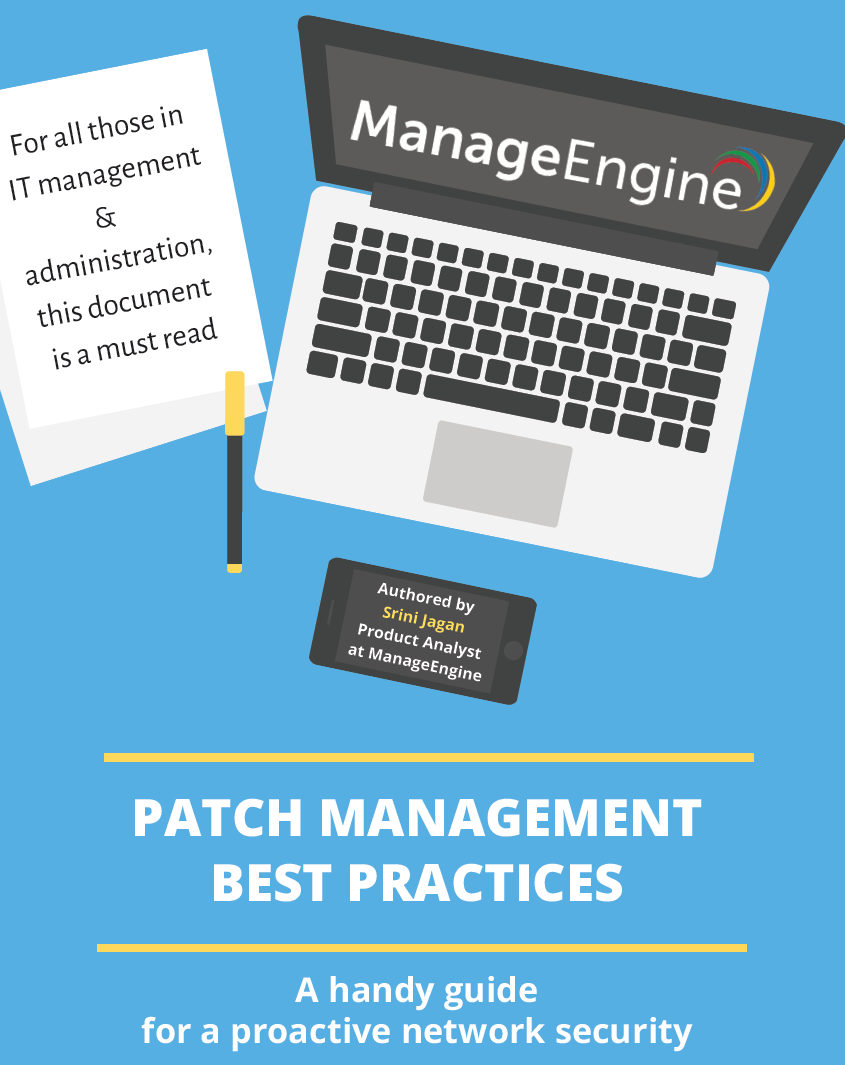50% of UK businesses 'are leaving data at risk'
Firms lack solid disaster recovery and backup strategies, survey finds

Almost four million UK businesses could be at risk of losing their data due to inadequate - or even nonexistent - backup practices, according to new figures.
A study of 514 UK business leaders, conducted by business internet provider Beaming, showed that companies are failing to follow best practices when it comes to protecting their data against hardware failure or cyber attack.
Most worryingly, the survey showed that 17% of all respondents do not back up their business data at all, with the only official copy residing on the individual system it was created on. This figure is predominantly influenced by sole traders and micro-businesses of less than 10 people - 20% and 10% respectively say they keep no backups, while that figure plummets to 2% for medium businesses of between 50 and 249 employees.
However, almost 50% of survey respondents said that their backups were kept on a separate system within the same office - indicating a troubling lack of disaster recovery plans. Scaling up the findings of its survey to reflect the UK government's figures for the number of businesses in Britain, Beaming claimed this implies that around 3.8 million businesses are not adhering to best practices.
"Our research shows that almost four million UK businesses are vulnerable to data loss from single events and could potentially become unable to operate," said Sonia Blizzard, Beaming's managing director. "Most businesses, particularly at the smaller end, don't do enough to safeguard their information."
This figure was relatively consistent across all company sizes; 42% of medium-sized businesses admitted to keeping no offsite backups, as did 30% of large companies with at least 250 employees.
This contradicts guidance from the National Cyber Security Centre (NCSC), which advises that backups should not be accessible to staff or connected to the system housing the original data. Ideally, they should also be in a separate physical location to the system of origin.
Get the ITPro daily newsletter
Sign up today and you will receive a free copy of our Future Focus 2025 report - the leading guidance on AI, cybersecurity and other IT challenges as per 700+ senior executives
The reason for this is that while backing up data to an external device such as a NAS drive or file server within the same office protects against hardware failure, disk corruption and other technical issues, it does not provide any defence against disasters such as fires or floods, which can wipe out both the original data and your backups in one fell swoop.
It also leaves businesses open to malware. Ransomware infections, for example, can often spread through the network to other machines. If the system on which your backups are stored is on the same network as the rest of your IT, this means that your backups could become infected as well.
Of the businesses that do make use of offsite backup services - around 21% of respondents - the method varies depending on company size. Small, medium and large organisations tended to prefer external data centres and colocation facilities, while sole traders and micro-businesses were more likely to go for a cloud-based option.
The NCSC advocates the use of cloud as an easy, hassle-free solution for organisations who want to back up their data, and advises companies to make it a part of their routine.
"We know that backing up is not a very interesting thing to do (and there will always be more important tasks that you feel should take priority), but the majority of network or cloud storage solutions now allow you to make backups automatically," it advises.
"Many off-the-shelf backup solutions are easy to set up, and are affordable considering the business-critical protection they offer. When choosing a solution, you'll also have to consider how much data you need to back up, and how quickly you need to be able to access the data following any incident."
Adam Shepherd has been a technology journalist since 2015, covering everything from cloud storage and security, to smartphones and servers. Over the course of his career, he’s seen the spread of 5G, the growing ubiquity of wireless devices, and the start of the connected revolution. He’s also been to more trade shows and technology conferences than he cares to count.
Adam is an avid follower of the latest hardware innovations, and he is never happier than when tinkering with complex network configurations, or exploring a new Linux distro. He was also previously a co-host on the ITPro Podcast, where he was often found ranting about his love of strange gadgets, his disdain for Windows Mobile, and everything in between.
You can find Adam tweeting about enterprise technology (or more often bad jokes) @AdamShepherUK.
-
 Why is 3G being switched off, and how long until it’s gone for good?
Why is 3G being switched off, and how long until it’s gone for good?In-depth Outdated 2G and 3G networks can be cut off and repurposed for next-generation 5G rollout
By Rory Bathgate
-
 Government holds talks with data centre operators over energy blackout threat
Government holds talks with data centre operators over energy blackout threatNews One data centre operator has been preparing to switch over to diesel power in the event of a national blackout
By Zach Marzouk
-
 Re:Invent 2021: Zerto unveils its disaster recovery solution for AWS
Re:Invent 2021: Zerto unveils its disaster recovery solution for AWSNews Zerto In-Cloud for AWS automates on-premises and cloud failover, recovery, and testing workflows
By Praharsha Anand
-
 OVH data centre fire shows backups should be standard, founder says
OVH data centre fire shows backups should be standard, founder saysNews Octave Klaba suggests many customers incorrectly assumed backups were a default part of their contract
By Bobby Hellard
-
 Investigation underway into cause of OVH data centre fire
Investigation underway into cause of OVH data centre fireNews French firm urges customers across Europe to trigger disaster recovery plans
By Bobby Hellard
-
 Keep your data available with snapshot technology
Keep your data available with snapshot technologyWhitepaper Synology’s solution to your data protection problem
By ITPro
-
 The essential guide to cloud-based backup and disaster recovery
The essential guide to cloud-based backup and disaster recoveryWhitepapers Support business continuity by building a holistic emergency plan
By ITPro
-
 Patch management best practices
Patch management best practicesWhitepapers Reduce your patch management workload
By ITPro

